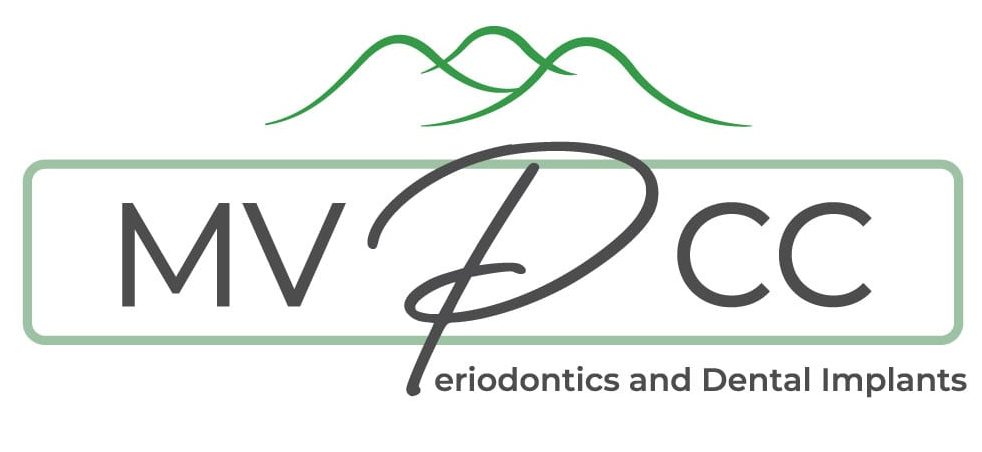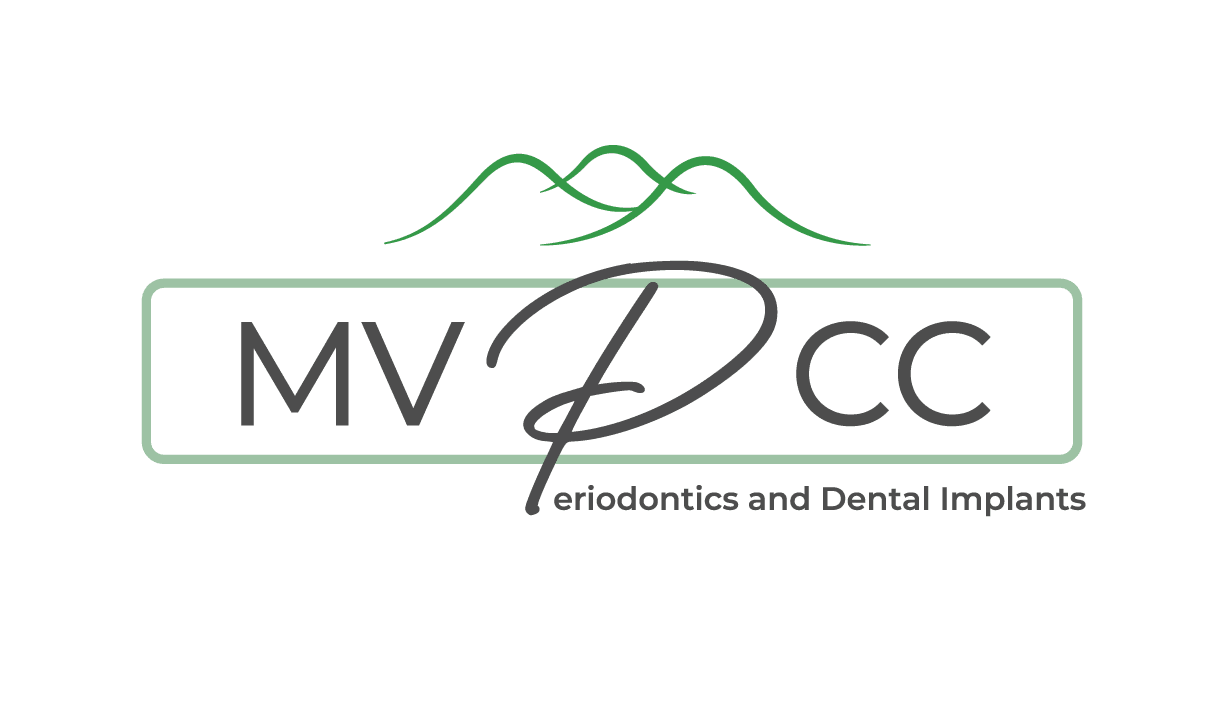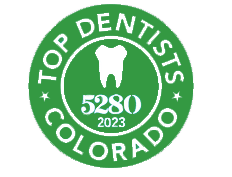Periodontal health is crucial to maintaining a beautiful and functional smile. When left untreated, gum diseases can lead to severe complications, including tooth loss. Fortunately, our periodontists, Dr. Maryanne Butler and Dr. Amy Riffel, are here to provide the best care for your gums. We proudly have two locations: Mountainview Periodontics and Dental Implants and Periodontics of Cherry Creek, which offers periodontal surgery in Parker and Glendale, Colorado. Periodontal surgery provides effective solutions to address periodontal issues and restore oral health.
In this blog post, we’ll answer frequently asked questions about periodontal surgery to help dental patients in Parker and Glendale make informed decisions about their treatment.
1. What is periodontal surgery?
Periodontal surgery is a set of surgical procedures designed to treat severe gum diseases and conditions affecting the supporting structures of the teeth. These surgeries aim to restore the health of the gums, bones, and ligaments and prevent further damage.
2. Who needs periodontal surgery?
Patients with advanced stages of gum disease, such as periodontitis, are typical candidates for periodontal surgery. Surgical intervention may be necessary if non-surgical treatments (like scaling and root planing) do not resolve the issue.
3. What are the types of periodontal surgeries that treat gum disease?
Common types of periodontal surgeries include:
- Osseous Surgery – Reshaping the soft tissue and bone to a more physiologic contour, which helps reduce bacteria, inflammation, and pocketing to allow easier maintenance of the teeth.
- Bone grafts – Adding bone graft material to intrabony (pothole-like) defects present to allow regeneration of the bone lost. Bone grafting is not an option when bone loss is horizontal and lacking bony defects.
- LANAP – Laser-assisted new attachment procedure that eliminates bacteria and stimulates bone regeneration without cutting and stitching.
4. How should I prepare for periodontal surgery?
Your periodontist will provide specific instructions tailored to your situation. Common preparations include:
- Medical history review: Ensure your periodontist knows about medical conditions or medications.
- Pre-surgery antibiotics: To prevent infection.
- Fasting: In some cases, you may need to avoid eating for a few hours before surgery.
5. What happens during the surgery?
The procedure depends on the type of surgery you’re undergoing. Generally, it involves numbing the area with local anesthesia, making incisions to access the affected areas, and performing the necessary repairs to bone and soft tissue in the diseased areas. With LANAP (laser) surgery, there are no incisions or stitches. This allows for an easier recovery. However, not everyone is a candidate for laser surgery. At your initial examination, your periodontist will explain the best treatment option for your particular case and the specific steps involved in your surgery.
6. Is periodontal surgery painful?
Traditional osseous surgery does typically have some post-operative discomfort associated with it. However, the discomfort can usually be managed with Ibuprofen, Tylenol, and prescribed pain relievers. It is also important to follow post-operative care instructions, which will also make the recovery process easier. For patients who are candidates for LANAP (laser) periodontal surgery, the procedure is typically painless due to the lack of cutting and stitching associated with the laser surgery.
7. How long does the surgery take?
The duration of the surgery varies depending on the complexity of the procedure. It can range from 1 to 3 hours. Your periodontist will provide an estimated time based on your specific needs.
8. What should I expect after the surgery?
Post-surgery, you may experience swelling, minor bleeding, and discomfort. Follow your periodontist’s aftercare instructions, which may include:
- Pain management: Take over-the-counter and prescribed medications as directed.
- Diet adjustments: Stick to cold foods the first day or two, avoid spicy foods, sharp and crunchy foods, as well as foods with seeds, nuts, berries, etc.
- Oral hygiene: Gently clean your mouth as directed.
9. How long does recovery take?
Recovery time varies by individual and the type of surgery performed. Generally, initial healing takes about 1 to 2 weeks, but complete recovery may take several months. Regular follow-up visits ensure your healing progresses as expected.
10. Are there any risks or complications?
Like all surgeries, periodontal surgery carries some risks, including infection, prolonged bleeding, or adverse reactions to anesthesia. However, these complications are rare and can be minimized by choosing an experienced periodontist and adhering to post-surgical care instructions.
Periodontal Surgery in Colorado
Prioritizing your periodontal health is essential for a beautiful and functional smile. Periodontal surgery offers practical solutions for severe gum diseases, helping you maintain optimal oral health. Early intervention is key, so don’t hesitate to schedule a consultation with Mountainview Periodontics and Dental Implants in Parker, Colorado, and Periodontics of Cherry Creek in Glendale, Colorado, for personalized advice and treatment options.
Ready to take the next step in your periodontal health journey? Please schedule a consultation with Dr. Maryanne Butler or Dr. Amy Riffel today.


